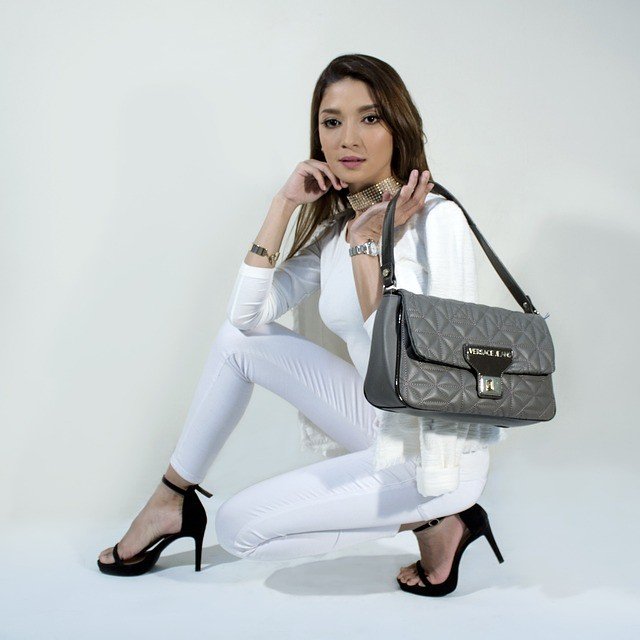Investing in an expensive bag requires careful evaluation to ensure it aligns with your needs, preferences, and represents a sound investment. Consider the following key factors before making such a purchase:
1. Quality and Craftsmanship
Examine the quality and craftsmanship of the bag. Assess the materials used, stitching, hardware, and overall construction. A well-made bag with superior craftsmanship is more likely to withstand daily use and retain its value over time.
2. Brand Reputation
Research the brand’s reputation and heritage in the luxury bag market. Established brands with a history of excellence and customer satisfaction often maintain higher resale values. Consider the brand’s commitment to quality, customer service, and ethical practices.
3. Timeless Design
Look for a bag with a timeless design that transcends seasonal trends. Classic styles tend to have enduring appeal and can be worn for years without becoming dated. This increases the likelihood that the bag will remain desirable and retain its value over time.
4. Versatility
Consider the bag’s versatility and functionality. Evaluate its size, compartments, and features to ensure it meets your specific needs. A versatile bag that can be used for various occasions and outfits increases its practicality and potential for long-term use.
5. Durability and Maintenance
Assess the bag’s durability and ease of maintenance. Quality materials and construction should be able to withstand regular use and be resistant to wear and tear. Additionally, consider the maintenance requirements, such as cleaning, storage, and potential repairs.
6. Resale Value
While not the primary reason for purchasing a luxury bag, considering its potential resale value is prudent. Research similar bags from the brand and their resale prices to gauge the bag’s investment potential. Limited edition or iconic pieces tend to hold their value better.

7. Cost Per Wear
Evaluate the cost per wear of the bag. Divide the purchase price by the estimated number of times you anticipate using the bag. This provides a perspective on the bag’s value in relation to its long-term use and enjoyment.
8. Personal Style and Preference
Ensure the bag aligns with your personal style and preferences. Consider if it complements your wardrobe and if you genuinely love the design. Investing in a bag that reflects your style increases the chances of long-term satisfaction.
9. Practicality and Functionality
Assess how practical and functional the bag is for your lifestyle. Consider factors such as size, weight, strap options, and storage capacity. A bag that suits your daily needs and activities is more likely to be a worthwhile investment.
10. Emotional Value
Luxury bags often hold sentimental or emotional value for their owners. Consider the emotional connection you have with the bag and the joy it brings you. Investing in something that brings you genuine happiness and enhances your confidence can add intangible value.
Remember, purchasing an expensive bag is a personal decision and should be made based on your individual circumstances and preferences. Conduct thorough research, seek advice from experts or brand specialists, and take your time to ensure you’re making an informed choice that aligns with your needs and values.









